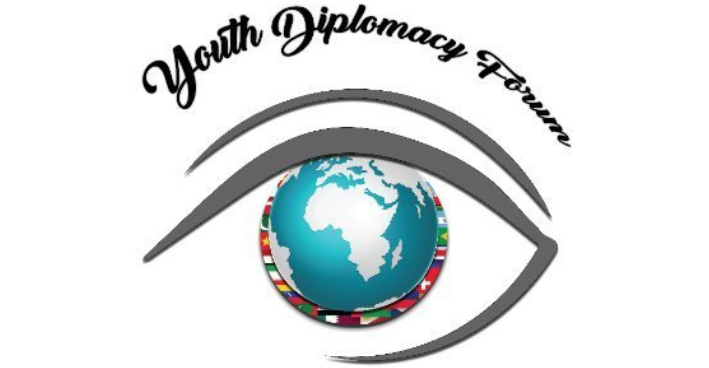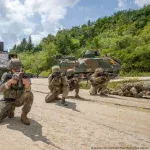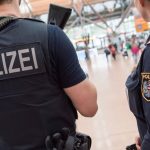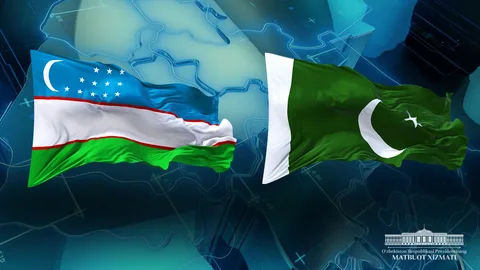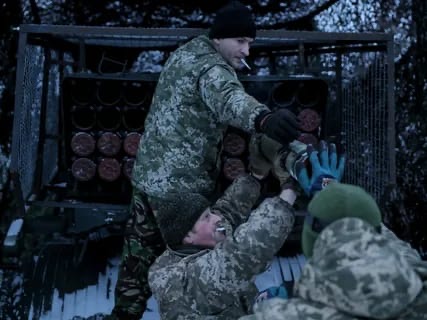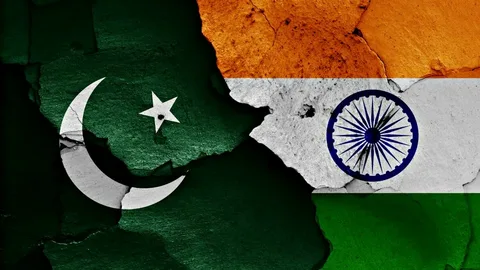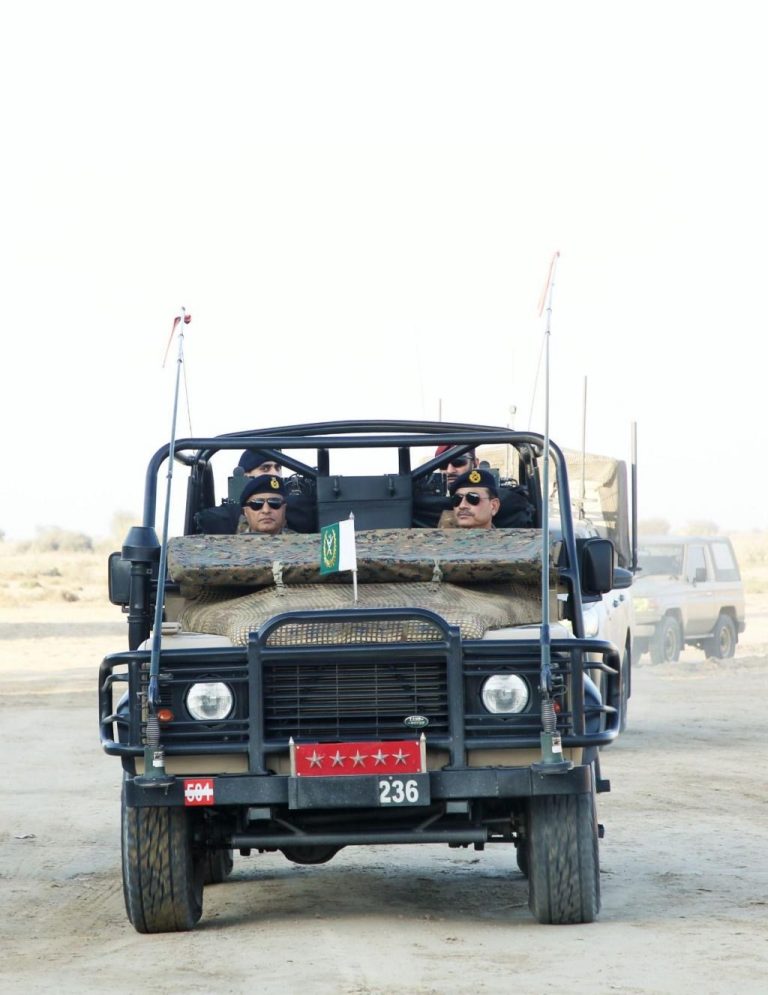Thailand claims that negotiations with neighbor Cambodia have “made progress” in settling a long-running border conflict that turned violent last month, prompting both nations to deploy troops along the border.
To try to end the dispute, a Thai team led by Prasas Prasasvinitchai, an adviser to the foreign ministry, and a Cambodian group led by Lam Chea, the minister of state in charge of the Secretariat of Border Affairs, met on Saturday in Phnom Penh, the capital of Cambodia.
The meeting followed a gunfight between the two nations last month in the Emerald Triangle, which is the region where the borders of Cambodia, Thailand, and Laos converge, during which one Cambodian soldier was killed.
The Joint Boundary Commission meeting, according to Thailand’s foreign ministry, “made progress in building mutual understanding” between the two nations.
At a press conference, Ministry spokesperson Nikorndej Balankura stated that “diplomatic dialogue remains the most effective way forward” and that discussions would continue into Sunday.

It was unclear when the results would be made public, and a resolution is not anticipated this weekend.
While acknowledging that they had acted in self-defense during the May 28 gunfight, the Thai and Cambodian militaries both decided to realign their troops to prevent future clashes.
Thailand has increased border restrictions with Cambodia in recent days, while Cambodia has requested that its military remain on “full alert.”
Bangkok has threatened to seal the border and cut off electrical supplies to its neighbor, despite both nations promising to engage in negotiations to resolve the matter and calming nationalist fervor.
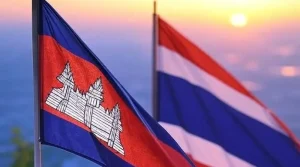
Complaining to the ICJ:
The 820-kilometer (510-mile) border was drawn during the French colonization of Indo-China, which lasted from 1887 to 1954, and this is when the conflict between Thailand and Cambodia began. Ancient temples that have been disputed by both sides for many years are located along the unmarked land border.
Since 2008, there has been intermittent violence in the area, which has claimed at least 28 lives.
Earlier this month, Prime Minister Hun Manet of Cambodia declared that his country would complain to the International Court of Justice (ICJ) about four disputed border locations, including the location of the most recent conflict. However, a bilateral settlement has been insisted upon by Thailand.
Hun Manet stated in a Facebook post on Friday that the government would submit an official letter to the ICJ on Sunday outlining its intention to bring the lawsuit, but that the four zones and the border restrictions would not be discussed at the talks on Saturday.
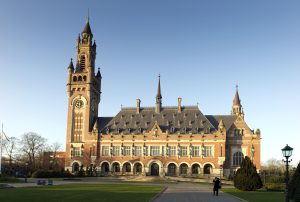
At [Saturday’s] meeting, he stated, “Cambodia is waiting for Thailand to provide its official stance on whether it will join Cambodia in referring the four areas to the ICJ.”
Hun Manet’s father, influential former strongman premier Hun Sen, has accused Thai nationalists and generals of inflaming tensions and criticized Thailand’s military for limiting border crossings.
“These problems with Cambodia are only the result of extremist organizations and certain military factions because, as usual, the Thai government is unable to control its military the way our country can,” he stated late Thursday.
Thailand claims it rejects the International Court of Justice’s jurisdiction, notwithstanding the court’s 2013 ruling that Cambodia owned a disputed property adjacent to the Preah Vihear temple.
Source: Al Jazeera and other media outlets
